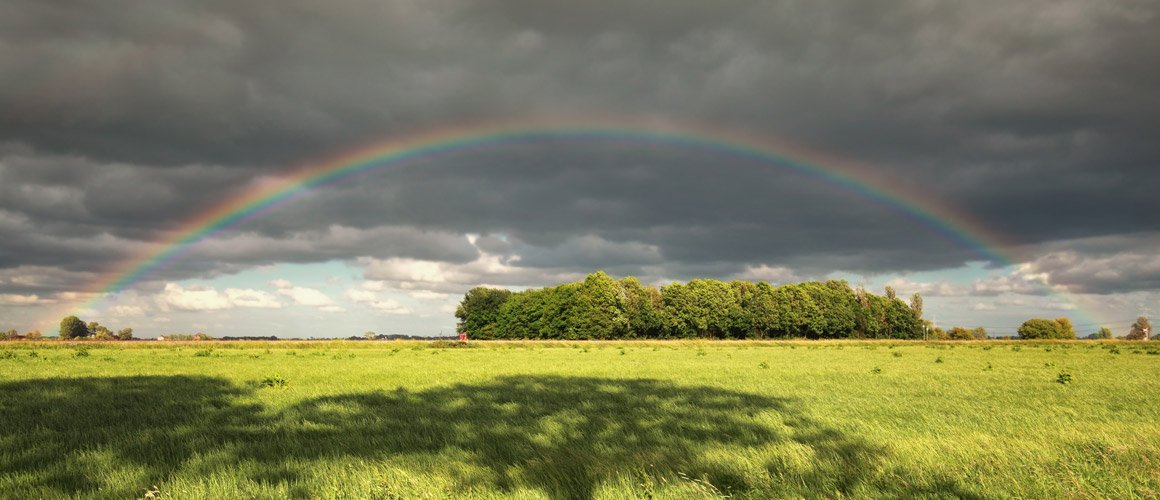As the winter months draw in, data shows a 100% increase in searches for Seasonal Affective Disorder (SAD) and how to cope with winter depression.
Around 1.4 million older adults in the UK report that they often feel lonely and this feeling can be exacerbated as the colder temperature and darker days discourage us from getting out-and-about as much as we would do during the summer. Coupled with the cost-of-living crisis which threatens to isolate the vulnerable and elderly further, more and more people are also likely to experience Seasonal Affective Disorder, known as ‘SAD’.
What is Seasonal Affective Disorder (SAD)?
Seasonal Affective Disorder affects one-in-three people in the UK. Sometimes known as “winter depression” or “winter blues”, SAD is a type of depression that comes and goes in a seasonal pattern. It is often linked to a decrease in sunlight during the autumn and winter, which may cause part of the brain called the hypothalamus to not work as effectively as it otherwise would. This can affect the production of melatonin (a hormone that makes you feel sleepy), serotonin (a hormone that affects mood and appetite) and your body's internal clock (circadian rhythm).
Common cause of depression in the elderly
Whilst depression can affect us at any age, there are circumstances that may make some older adults more susceptible. Poor health, loneliness and social isolation and bereavement can be contributory factors.
The winter months come with increased concerns for older adults, including falls, hypothermia and fuel poverty.
Whilst it is normal to feel down sometimes, if this feeling persists then it may be a sign of depression.
Seasonal Affective Disorder (SAD) in elderly
The NHS describes symptoms of the winter blues as:
- Persistent low mood
- Loss of interest in routinely everyday activities
- Feelings of irritability, despair, anxiousness and worthlessness
- Low self-esteem
- Tearfulness
- Becoming less sociable
- Loss of appetite
For some people, these feelings may be mild but for others, SAD can have a significant impact on their daily lives.
Does Seasonal Affective Disorder get worse with age?
Research shows that Seasonal Affective Disorder normally starts in adulthood and is rare in people under 20, whilst it generally affects more women than men.
If you do suffer from the winter blues and it is affecting your day-to-day life, you should speak with your GP who can advise about treatments for Seasonal Affective Disorder. These can include cognitive behavioural therapy (CBT), antidepressants and light therapy.
Many people with SAD report that light therapy helps lift their mood considerably. This involves sitting in front of a special light box for approximately 30 minutes each day. Light boxes produce a very bright light that simulates the sunlight that we miss during dark winter days.

There are treatments for SAD and some things you may like to try yourself that can help with seasonal depression. Our Independent Living Expert Louise Yasities explains more:
“Increasing light exposure by opening blinds and curtains, getting outdoors and soaking up Vitamin D and aiming to spend time in the brightest rooms in your home can all be simple ways to lift your mood.”
Regular physical activity is a proven way of reducing anxiety which also positively impacts sleep cycles and quality. Getting outdoors – even just for a walk to the shops or for a coffee – is great for your mood and also offers the opportunity to socialise.
Louise Yasities
Independent Living Expert at TakingCare Personal Alarms

How do you help someone with winter blues?
One-in-three of us worry that an older relative may be lonely. Staying in touch with elderly relatives can help so you are aware of any problems that may face and can offer support.
Ensure they are keeping their home warm and eating well. Organising social visits from friends and family and offering to take them out can alleviate boredom and isolation. If they live alone and feel vulnerable then knowing they can get help in using an emergency alarm for the elderly or elderly fall alarm can be reassuring. Social occasions and celebrations such as Christmas can be something to look forward, along with a thoughtful Christmas gift for an elderly loved one.
Louise Yasities says “Ultimately, if you have growing concerns about an older person, don’t hesitate to seek further assistance from a medical professional who can provide advice and guidance such as light therapy, appropriate medications or therapy to counteract feelings of seasonal depression.”

